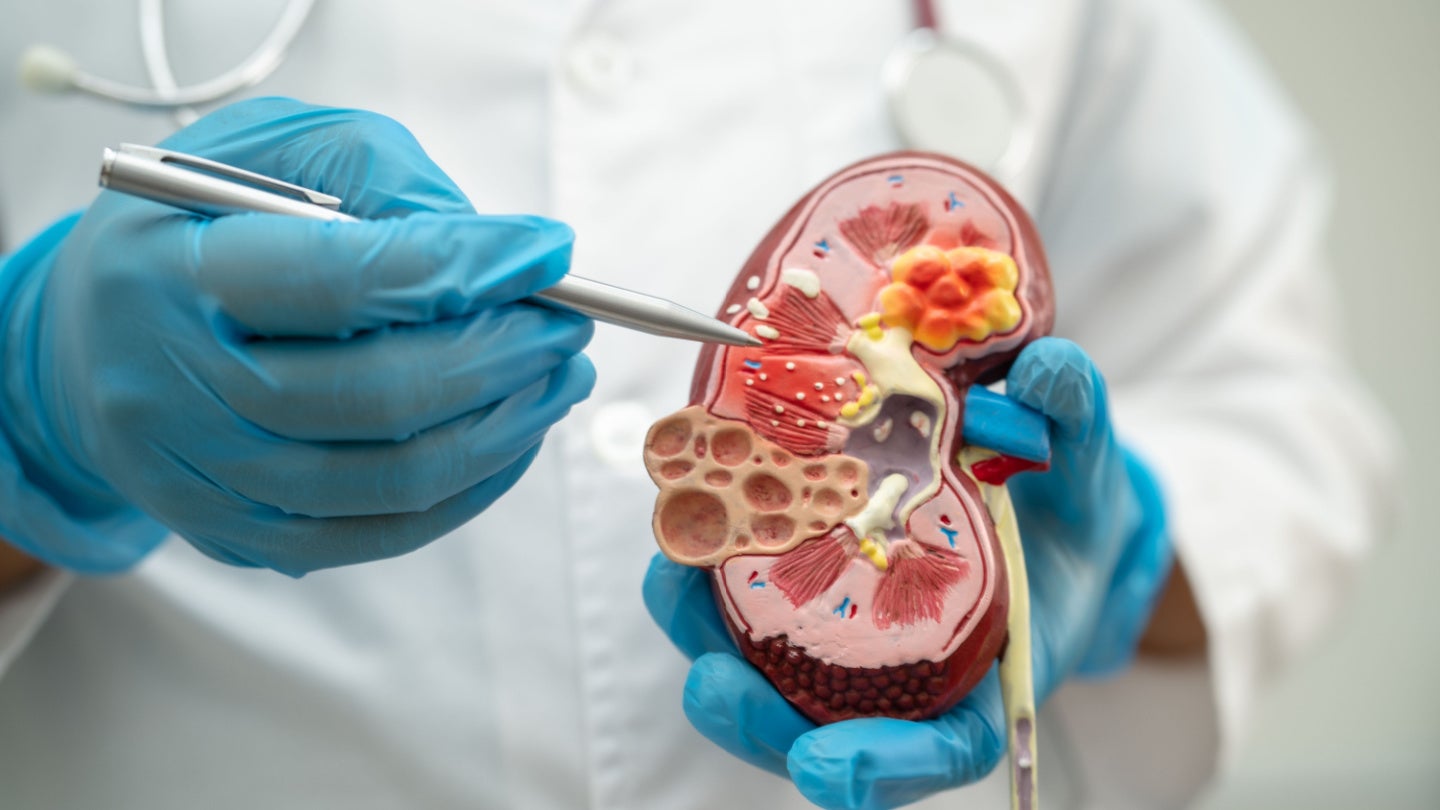
The National Health Service (NHS) in the UK is enabling home testing for detection of chronic kidney disease (CKD), in a bid to free up clinical time as it gears up to face a ‘difficult’ winter.
Supported by the £30m ($38.12m) Health Technology Adoption and Accelerator Fund, these tests will be done using the Healthy.io early detection device and a mobile app.

Discover B2B Marketing That Performs
Combine business intelligence and editorial excellence to reach engaged professionals across 36 leading media platforms.
Initially, Healthy.io will be sent to 30,000 patients at high risk of kidney disease. The patients can use the device to test a urine sample, with immediate results provided through a mobile app and uploaded to their electronic medical records.
In the coming months, the device is expected to help identify 1,300 cases of undiagnosed CKD and prevent end-stage renal disease.
The initiative aims to ease pressure of the NHS by lowering unplanned admissions and cutting waiting lists.
According to the National CKD Audit, for every 100 patients prevented from developing moderate to severe CKD, seven acute kidney injuries, two ICU admissions, six cardiovascular events, as well as seven deaths can be averted.

US Tariffs are shifting - will you react or anticipate?
Don’t let policy changes catch you off guard. Stay proactive with real-time data and expert analysis.
By GlobalDataThe Department of Health and Social Care and NHS England is conducting this trial in West Yorkshire.
Additionally, the Health Technology Adoption and Accelerator Fund is supporting the use of wearable technology, such as the Feebris kit, for older adults in Norfolk and Waveney and North East London.
This kit monitors blood pressure and heart rates and shares the data with general physicians, helping identify health problems earlier and reducing the need for hospital visits.
Other technologies supported by the fund include BRAVE AI for identifying patients at risk, Docobo telehealth system for home monitoring, and Whzan for setting up virtual wards to capture crucial health metrics.
These innovations are said to be part of NHS’ efforts to prepare for winter amid rising cases of flu, norovirus, and Covid.
NHS medical director for transformation Dr Vin Diwakar said: “The NHS is constantly looking for innovative solutions that will free up clinical time and improve care for patients, and the plans we have been able to support promise to do exactly that.
“Whether by detecting potentially life-threatening conditions like chronic kidney disease earlier from the comfort of people’s homes, or supporting GPs to monitor changes in patients’ health and detect when they have falls, this latest push is another example of how local NHS teams are embracing the latest tech to improve care for their communities.
“While these innovations will be of huge benefit to patients and staff, they will also help keep people out of hospitals during what we anticipate will be another busy winter for the NHS.
“So our message is as always – if you have a health concern please come forward for care as soon as you can, either by calling NHS 111 for urgent medical advice, or 999 in life-threatening emergencies.”





